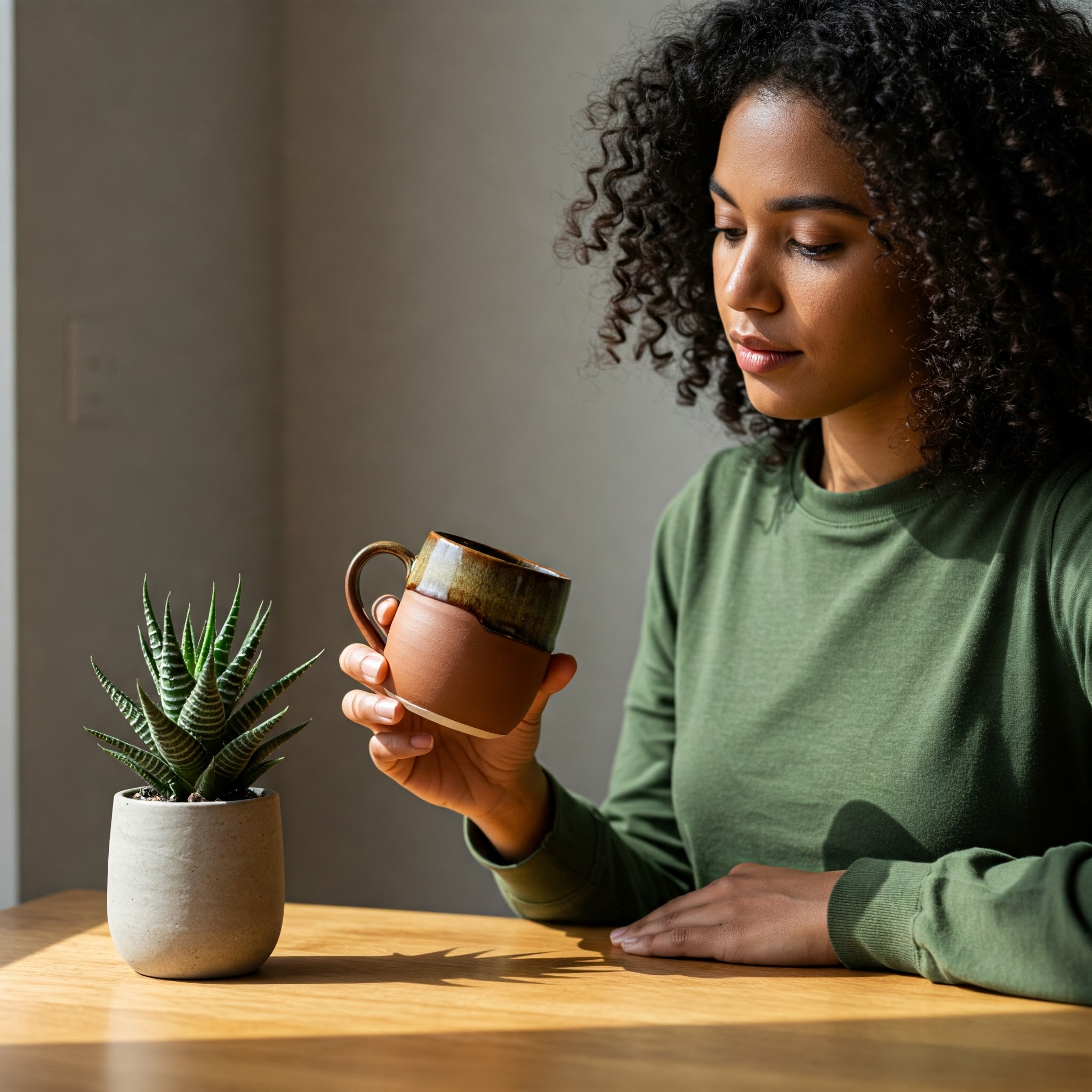The Rise of "Intentional Consumption": How We'll Shop and Live More Mindfully in 2026
For decades, the prevailing consumer culture often urged us to buy more, newer, faster. But a significant shift is underway. As we look towards 2026, the concept of Intentional Consumption is moving from a niche idea to a mainstream movement. It’s about more than just shopping; it’s a conscious decision to align our purchases and lifestyle choices with our values, prioritizing quality over quantity products, longevity, ethical consumerism, and genuine well-being over fleeting trends. This is how we'll be practicing mindful shopping 2026.
What is Intentional Consumption?
At its heart, intentional consumption means making deliberate and mindful choices about what we acquire and use. It involves stepping back from impulsive buying and instead asking critical questions: Do I truly need this? How was this made? What impact does this purchase have on the planet and its people? Will this item bring lasting value to my life? This approach fosters conscious buying habits and moves away from mindless accumulation, leading to more sustainable lifestyle trends.
The Driving Forces: Why is Mindful Shopping Gaining Momentum?
Several factors are fueling this shift towards more thoughtful consumption as we approach 2026:
- Environmental Awareness: Growing concern about climate change, resource depletion, and waste is pushing consumers to seek more sustainable options.
- Ethical Considerations: There's an increasing demand for transparency regarding labor practices, animal welfare, and fair trade, driving ethical consumerism.
- Desire for Quality and Durability: In a world of fast-fashion and disposable goods, many are seeking quality over quantity products that are built to last, offering better long-term value.
- Personal Well-being: The realization that overconsumption can lead to clutter, stress, and a disconnect from what truly matters is encouraging a more minimalist and value-based purchasing mindset.
- Information Accessibility: Consumers now have more access to information about brands, their supply chains, and their environmental and social impact, empowering more informed choices.
Pillars of Intentional Consumption in 2026
As this movement matures, several key principles define intentional consumption:
- Quality Over Quantity: Investing in fewer, but better, items that are well-made, durable, and designed to last. This often means choosing craftsmanship and timeless design over fast-passing fads.
- Longevity & Repairability: A growing appreciation for products that can be repaired rather than discarded. This supports a circular economy and reduces waste. The "right to repair" movement is gaining traction, pushing manufacturers to make products easier to fix.
- Ethical Sourcing: Actively seeking out and supporting brands that are transparent about their supply chains and committed to fair labor practices, safe working conditions, and ethical treatment of animals.
- Sustainability: This encompasses choosing products made from eco-friendly, renewable, or recycled materials, supporting businesses with low-impact manufacturing processes, minimizing packaging waste, and reducing one's overall carbon footprint. The slow fashion movement is a prime example, advocating for classic styles, durable materials, and ethical production, contrasting starkly with the rapid turnover of fast fashion.
- Value-Based Purchasing: Making sure that what we buy genuinely enhances our lives and aligns with our core personal values, whether that’s supporting local artisans, prioritizing health and wellness, or investing in experiences over material goods.
Practical Tips for Cultivating Intentional Consumption Habits
Adopting conscious buying habits is a journey, not an overnight transformation. Here are some practical tips:
- The "Wait and Ponder" Rule: Before making a non-essential purchase, give yourself a cooling-off period (e.g., 24 hours for small items, a week for larger ones). This helps curb impulse buys.
- Research Brands & Products: Look into a company's values, sourcing practices, and environmental policies. Read reviews focusing on durability and quality.
- Ask Critical Questions: "Do I truly need this, or do I just want it?" "How often will I use it?" "Does this purchase align with my values?" "Can I borrow, rent, or buy it second-hand?"
- Support Local & Ethical Businesses: Often, smaller, local businesses have more transparent and ethical practices.
- Embrace Minimalism (or 'Enough-ism'): Declutter your life and focus on owning things that serve a purpose or bring genuine joy.
- Learn Basic Repair Skills: Mending clothes, fixing simple household items, or upcycling can extend the life of your possessions.
- Choose Experiences Over Things: Often, investing in experiences and relationships brings more lasting happiness than material possessions.
The Impact: Beyond Your Wallet and Home
The shift towards intentional consumption has far-reaching positive impacts:
- Environmental Protection: Reduces waste, conserves resources, and lowers carbon emissions.
- Support for Ethical Practices: Drives demand for fair labor and responsible business conduct.
- Personal Well-being: Leads to less clutter, reduced financial stress, and a greater sense of purpose and satisfaction.
- Stronger Communities: Supporting local and ethical businesses can boost local economies.
Mindful Shopping 2026: What the Future Holds
Looking ahead to 2026, we can expect the sustainable lifestyle trends and ethical consumerism movement to continue growing. Anticipate:
- Greater Transparency: More brands will be pressured to disclose their supply chain and sustainability efforts.
- Growth of the Circular Economy: Increased popularity of second-hand markets, rental services, and repair cafes.
- Innovation in Sustainable Products: More eco-friendly materials and production methods will emerge.
- Personalized Value Alignment: Consumers will increasingly seek products and services that specifically cater to their individual ethical and sustainability priorities.
Intentional consumption is more than a trend; it's an empowered way of living. By making thoughtful choices, we not only enhance our own lives but also contribute to a more sustainable and equitable world. As we move towards 2026, every mindful purchase becomes a vote for the kind of future we want to create.
Please login to leave a comment.


 Rakesh Rajbhat
Rakesh Rajbhat




